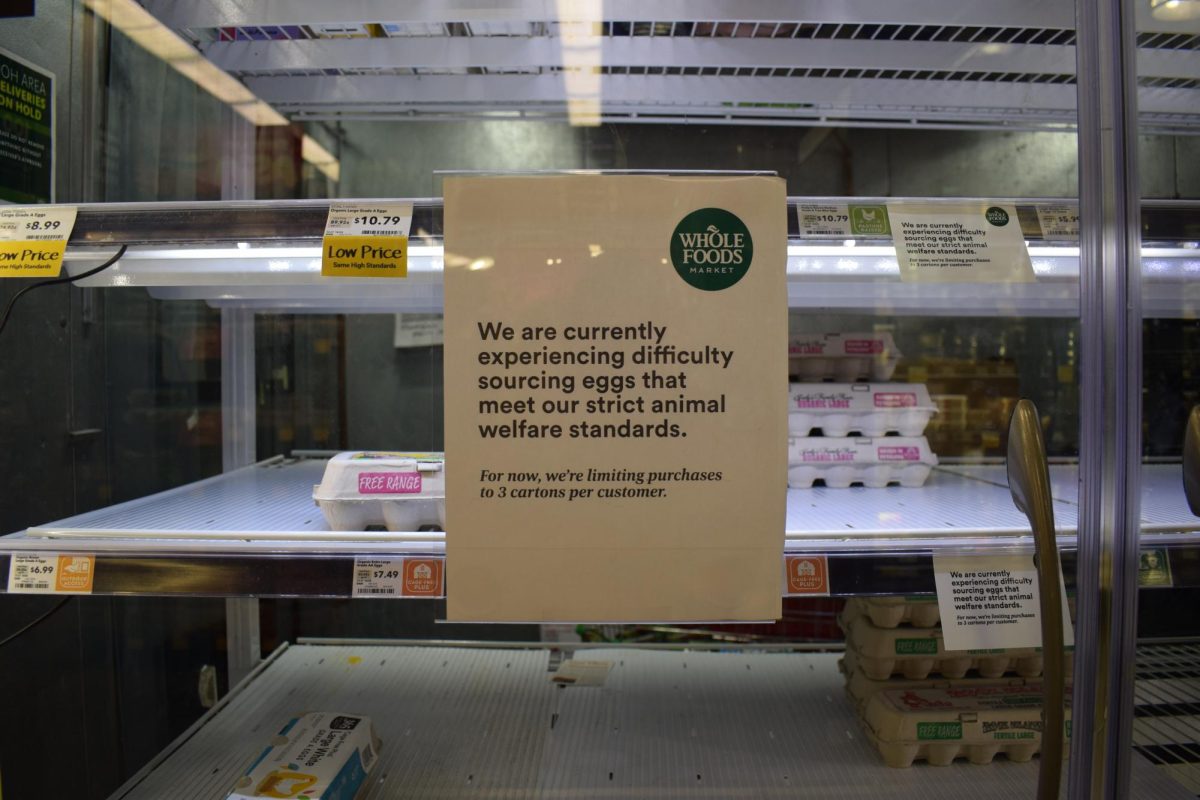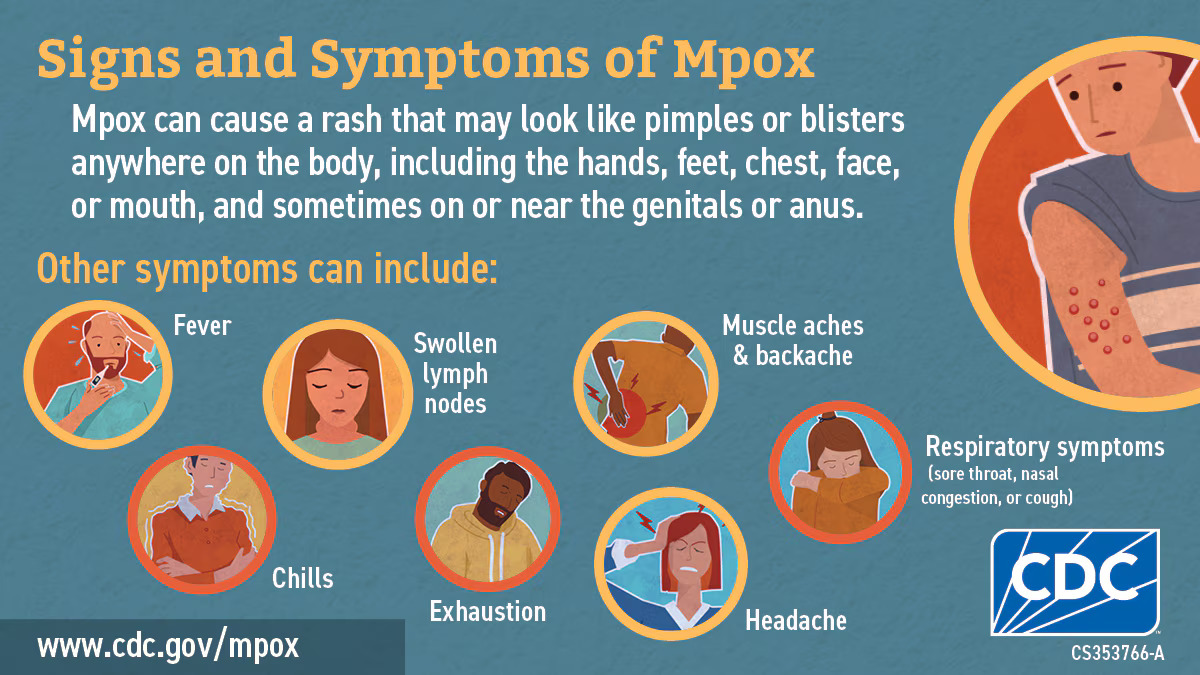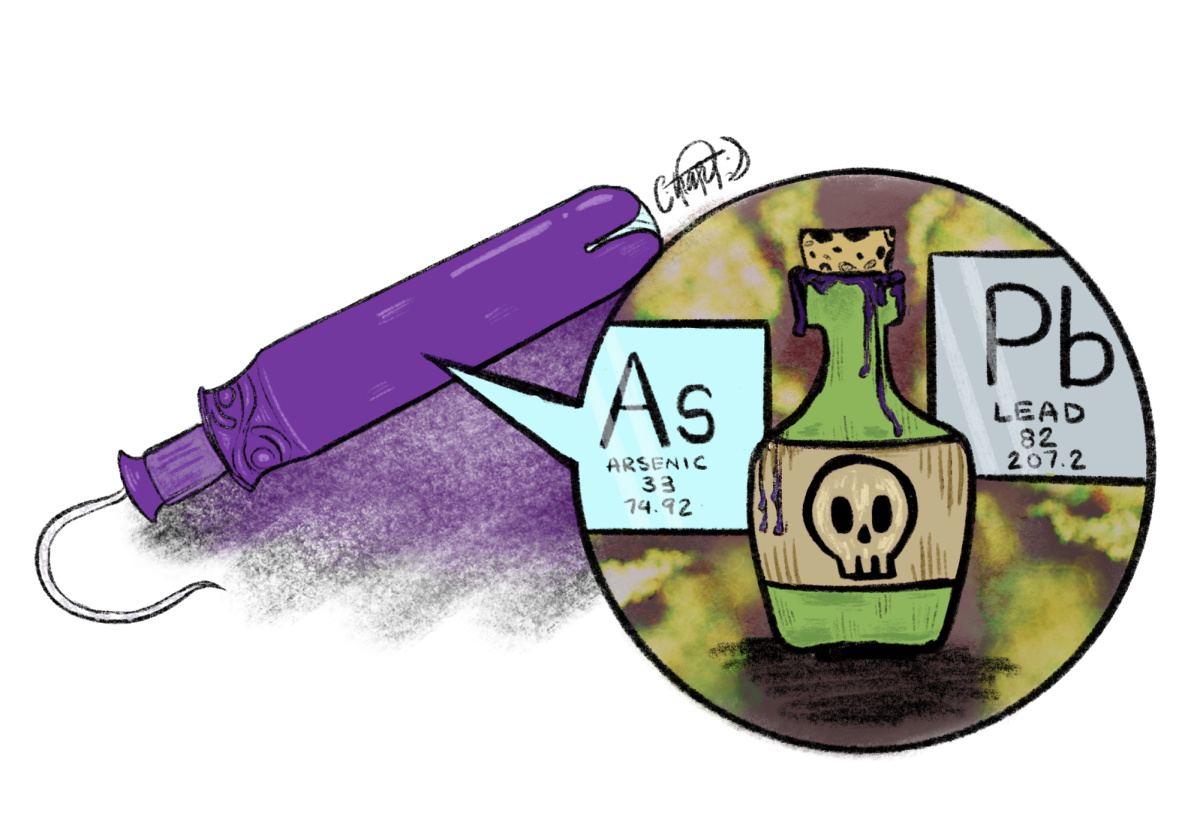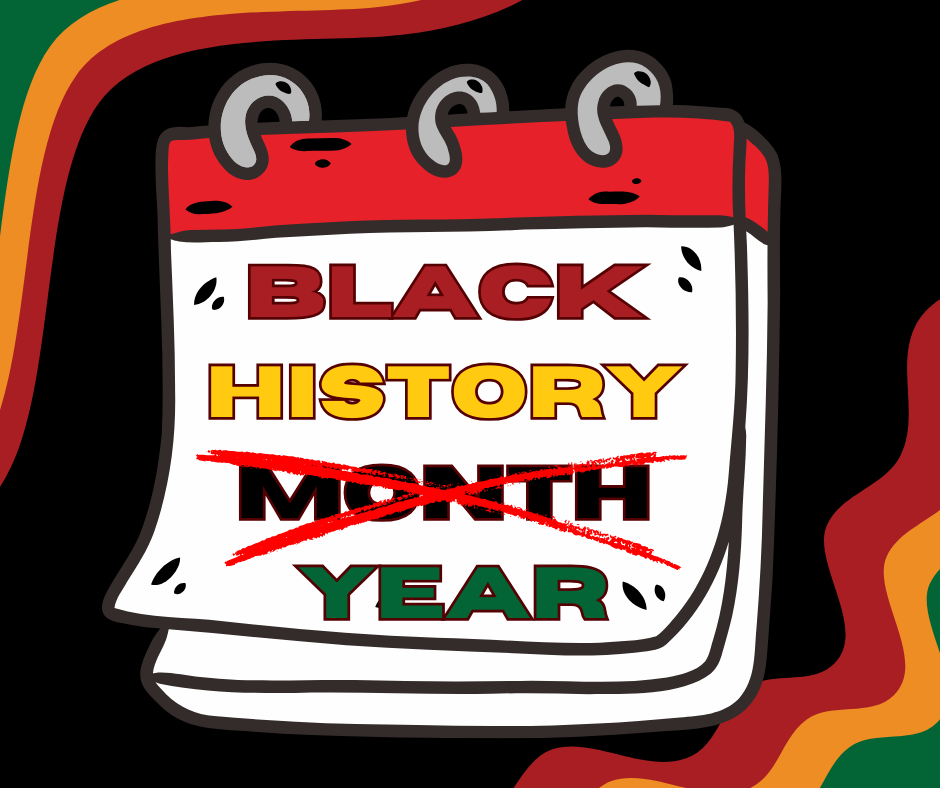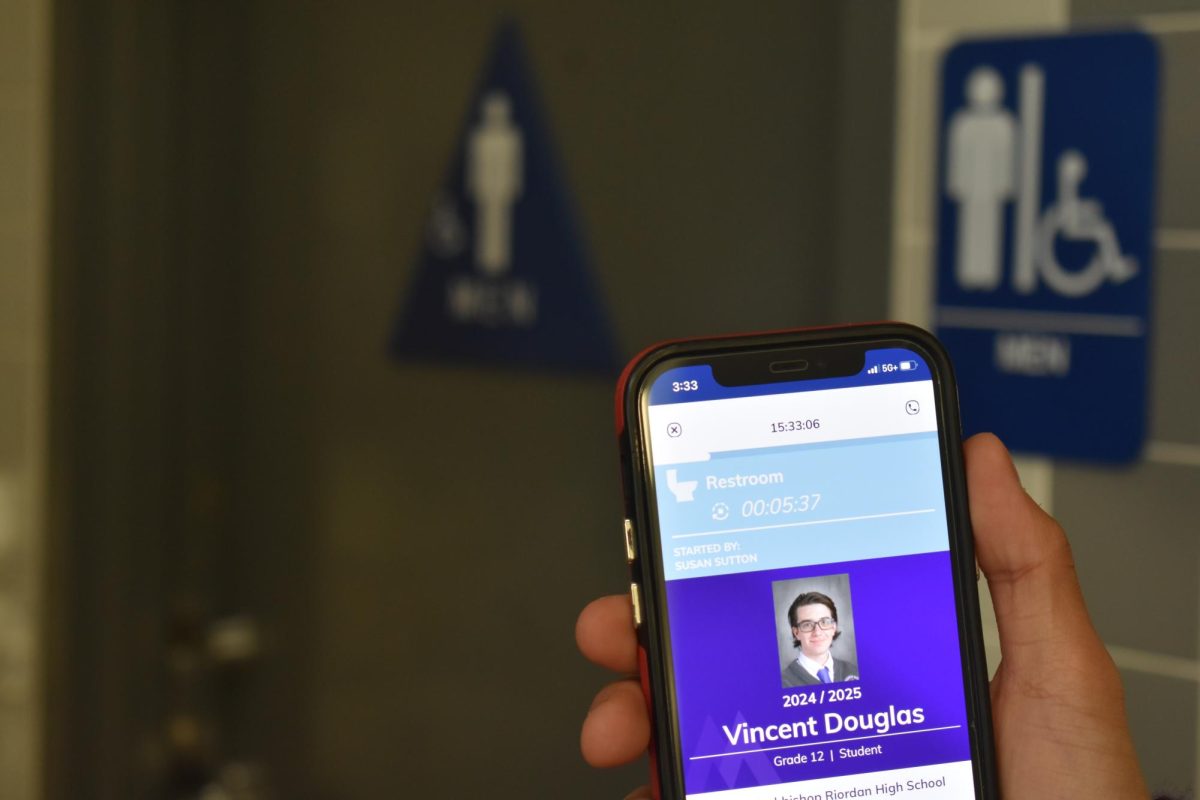
“Don’t talk to me until I’ve had my coffee” is a sentiment often used by those who need a drink of caffeine in the morning to give them a burst of energy and put them in a good mood. However, caffeine can lead to addiction, heart trouble, and anxiety not only in adults, but also in younger generations who find the drug in their energy drinks.
First off, coffee is highly acidic, so drinking it on an empty stomach is unhealthy as it essentially causes the stomach acids to begin digesting themselves. It just so happens that this hot beverage is usually consumed first thing in the morning.
Caffeine can cause higher levels of anxiety and has long term effects on sleep deprivation. Many people develop an addiction, but societal standards do not deem this as much a problem as other drugs such as marijuana or nicotine.
There are fewer support systems to help those dealing with caffeine dependence, and warnings such as those found on cigarette packs are extremely mitigated when it comes to coffee and energy drinks.
A standard 16 fluid ounce latte holds about 175 mg of caffeine, Redbull–the leading energy drink brand–holds 80 mg in 8.4 fluid ounces, and Prime–a collaborative effort between influencers Logan Paul and KSI–holds 200 mg in 12 fluid ounces.

Lexie Neil ’25 enjoys a cup of coffee in the morning.
This final statistic is particularly alarming as Prime is targeted towards a younger demographic, usually around the age of twelve. It is included in Lunchly, a competitor to Lunchables, launched by YouTuber Mr. Beast.
Sure, adults should be able to choose what to drink responsibly, but the larger issue comes into play when it comes to children.
A recent study from Mayo Clinic found that 83 percent of teens from the ages of 13-18 regularly consume caffeine. Starting a reliance on caffeine at such a young age can be detrimental in both the short and long term such as addiction and increase in heart problems.
There are plenty of alternatives to drinking caffeinated beverages every day, such as eating a balanced diet, maintaining a consistent sleep schedule, regularly exercising, and practicing yoga. While daily consumption of energy drinks can lead to increased anxiety, depression, and risk of heart attacks, these are beneficial for the body and mind.

